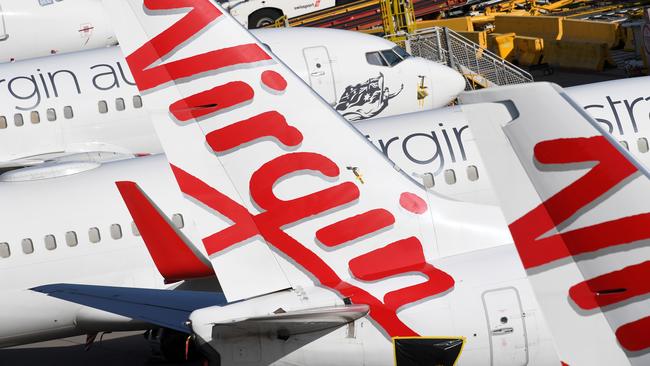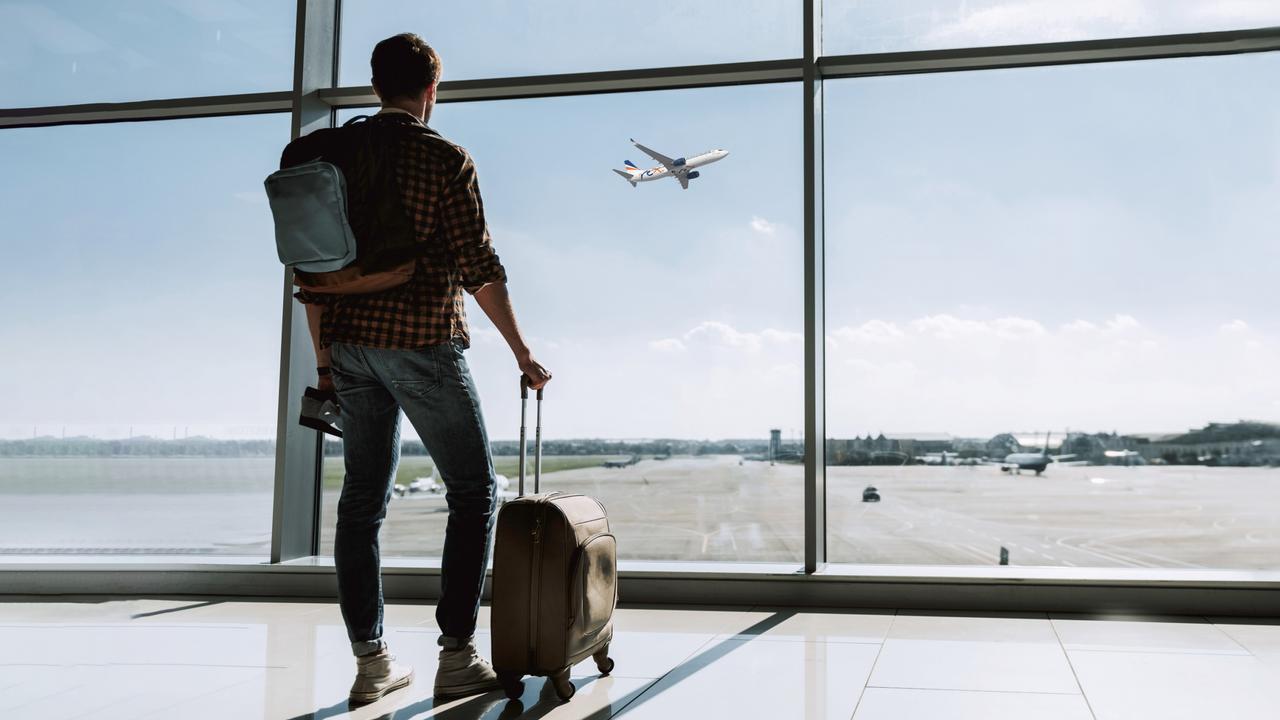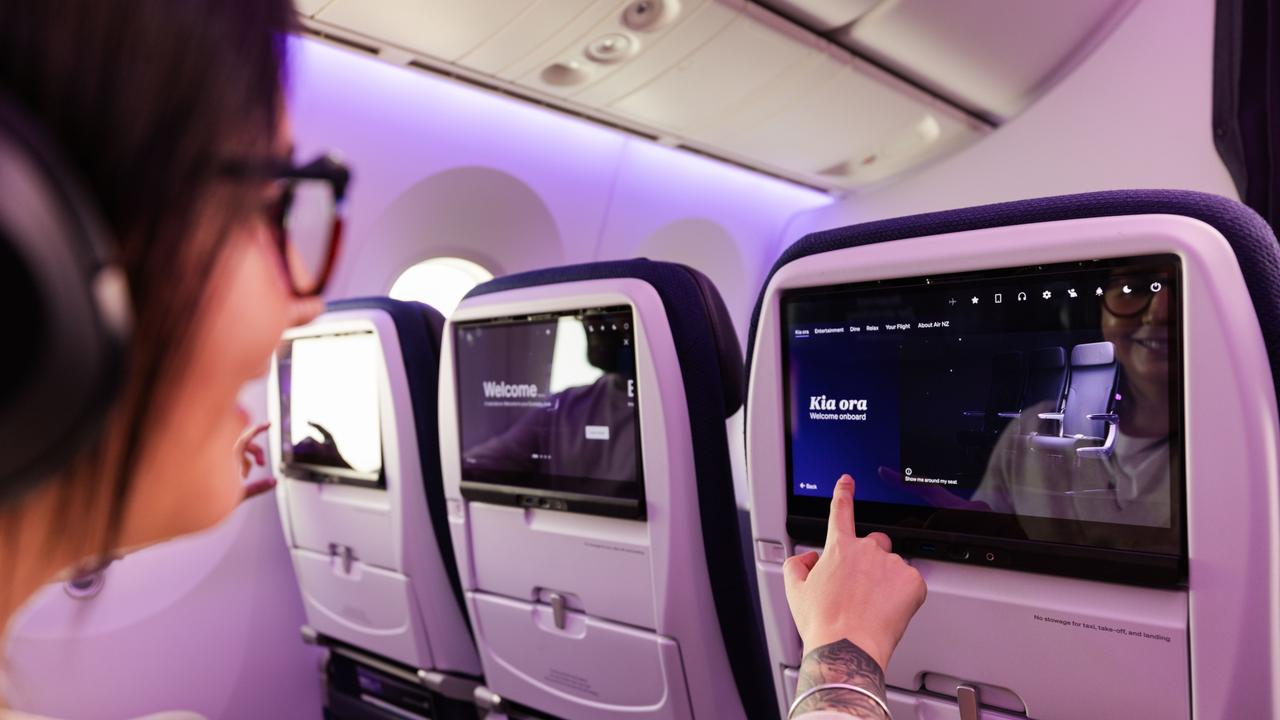Leaner, meaner if Virgin Australia stays aloft

But it will have two other advantages it has not had to date: first, it will no longer have on its register four or five competing airlines with shareholdings large enough to command board seats; second and importantly, it will no longer be publicly listed.
The albatross of quarterly reporting to the market will be gone and, behind the private curtain, quite possibly with a tough private equity holder, long-term decisions will be made, often requiring short-term pain not possible in the public sphere.
The Qantas share price over the day on Thursday was telling. On opening to the news of its competitor in administration, the national flag carrier jumped 4 per cent, but then it lost all that altitude, finishing flat.
Speaking to Sky News, Virgin Australia CEO Paul Scurrah was confident the airline would survive. And clearly, being in the zone of administration has many of the advantages of being a private business. “The process we’re going through will see us being able to make the types of changes that might have taken a lot longer,” he said. “It will see a simplification of our business and it will see us re-emerge as a real force to be reckoned with.”
Administrator Deloitte has informed the market of interest from about 10 parties. There are plenty more than that who want Virgin Australia to survive and prosper, not least the federal government. It has its own “corporate memory” of the cost of the Ansett collapse right around the global shock of 9/11, and the 20 years that it took a serious competitor in Virgin Australia to emerge. Airfares, Scurrah says, have fallen in excess of 37 per cent since the inception of his airline.
It is no surprise the government found the idea of bailing out Virgin Australia very unattractive and not just because it would have signalled a new era of picking losers from COVID-19 to prop up. A loan of $1.4bn, had Virgin Australia then defaulted, could have left the government with a seat on the board along with two Chinese-owned airlines. But Scurrah is quick to come back on John Frydenberg’s comments this week that “the government is not going to bail out five large foreign shareholders with deep pockets who together own 90 per cent of this airline.” He said: “The assumption that they have deep pockets is an inaccurate one given that all of them are airlines exposed to the biggest crisis that’s ever hit the airline industry in the world. All of them are suffering every bit the same as we are.”
Scurrah supports what he calls the prudent decision by the board to move into administration. “It was decisive and going into this earlier rather than later gives us the best chance to tidy up, become fitter, leaner and stronger on the other side of this, while we are in the midst of the coronavirus,” he said. “My job is to deliver a leaner, meaner, more robust competitor and importantly employing as many of current staff as we can.”
Founder Richard Branson is tweeting passionately of a new beginning, but if Virgin Australia regroups, it will be a long time before there is clear sky.
Ironically, there has long been support to take the airline off the ASX board, including at the highest levels of management. The free float of retail investors at under 10 per cent of the register lacks liquidity and frustrates analysts. It has taken administration to deliver it.
Scurrah believes Virgin’s reputation will stand it in good stead, from award-winning customer service, on-time reliability and a standout model of culture: “The only measure where we don’t excel is on the types of returns that our investors would have expected.” And that, when there is no clear end to the flight path of COVID-19, will be what private equity investors and perhaps the odd international airlines are weighing up.
Ticky Fullerton is the Sky News business editor



VA now stands for voluntary administration, a place where Australia’s challenger airline finds itself. If Virgin Australia and administrator Deloitte can pull it off, the restructured airline will emerge leaner and meaner to face one of the harshest aviation markets in living memory.